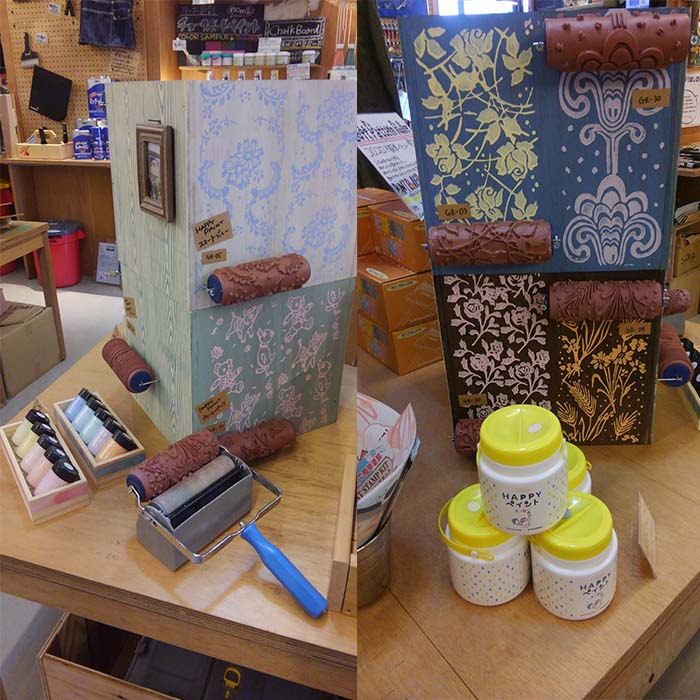Exploring the Efficacy of Patterned Paint Rollers
Painting is not just about adding color to walls; it's a way to express creativity and transform living spaces. Traditional paintbrushes and rollers have long been the go-to tools for applying paint, but as technology and innovation continue to evolve, new options have emerged. One such option is the patterned paint roller, which promises to bring an element of design and flair to interior decorating. But do patterned paint rollers truly live up to their promises?
Understanding Patterned Paint Rollers:
Patterned paint rollers are specialized tools designed to create intricate and decorative patterns while applying paint to surfaces. They typically consist of a roller, similar to a traditional paint roller, but with a textured pattern or design embossed onto it. As the roller is rolled along the wall, it transfers the pattern onto the surface, adding visual interest and texture.
The Pros:
Ease of Use: Patterned rollers are generally easy to use, making them suitable for both DIY enthusiasts and professionals. Their operation is similar to that of traditional rollers, so individuals familiar with painting techniques can quickly adapt to using patterned rollers.
Quick Transformation: One of the most significant advantages of patterned paint rollers is their ability to rapidly transform a space. Applying a decorative pattern using these rollers can instantly change the ambiance of a room, making it an attractive option for those seeking a quick interior makeover.

Cost-Effective: Patterned paint rollers offer an affordable way to achieve intricate designs without the need for stencils or specialized equipment. They eliminate the expense of purchasing additional decorative tools.
Customization: With a variety of pattern options available, patterned paint rollers allow users to choose from a range of designs to suit their preferences and interior styles. This customization is particularly beneficial for creating unique and personalized living spaces.
Textured Finish: Patterned rollers not only impart visual patterns but also introduce a subtle texture to painted surfaces. This can enhance the tactile experience of a room and contribute to a more inviting atmosphere.
The Cons:
Learning Curve: While Soft patterned paint rollers are designed for ease of use, achieving consistent and flawless patterns may require practice. Getting the right amount of paint on the roller and maintaining even pressure can be challenging initially.
Limited Design Size: The size of the pattern is limited by the roller's dimensions. This might restrict the versatility of designs, especially for larger walls or expansive spaces.
Surface Preparation: To achieve the best results, surfaces need to be properly prepared. Imperfections, such as cracks or bumps, could disrupt the pattern transfer and result in an uneven design.
Pattern Alignment: Achieving seamless pattern alignment when moving from one section of the wall to another can be tricky. Careful planning and practice are essential to avoid discontinuities in the design.
Variability in Results: Depending on factors like paint consistency, roller pressure, and surface texture, the final pattern may exhibit slight variations. This might not be desirable for those seeking perfectly uniform designs.
Conclusion:
Patterned paint rollers offer an innovative way to introduce decorative designs to walls, ceilings, and other surfaces. They combine the convenience of traditional paint rollers with the added charm of intricate patterns. While they present a learning curve and some limitations, their ease of use, cost-effectiveness, and quick transformation capabilities make them a valuable tool for those looking to add a touch of creativity to their living spaces. With practice and attention to detail, G.SB patterned paint rollers can indeed deliver on their promise of turning ordinary walls into works of art, contributing to a unique and personalized interior aesthetic.
250
0
0

Comments
All Comments (0)